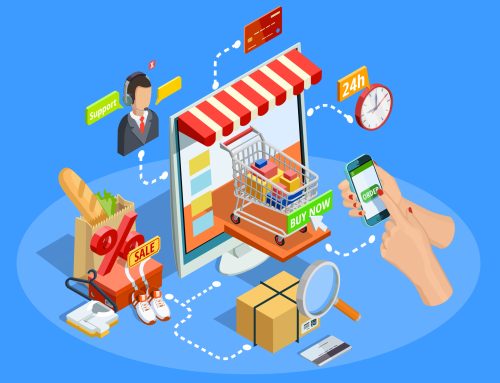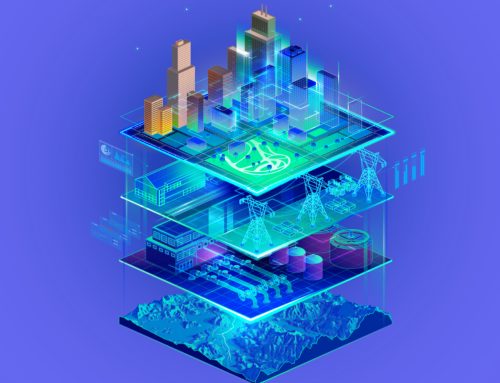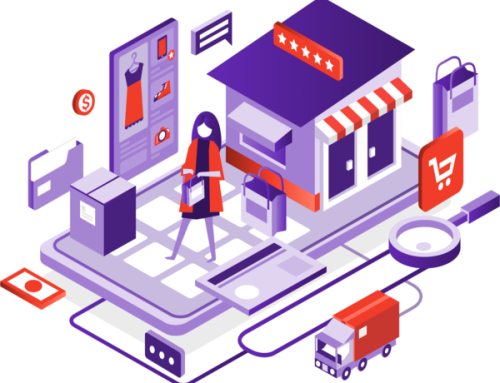How to Use Traveler Data without Turning Travelers Off
There has been a huge amount of growth in the use of advanced data analytics by the travel and hospitality industries. Marketing strategies such as location-based marketing, artificial intelligence-based service recommendation, and hyper-personalized marketing are buzz-worthy phenomena that are paying off big for travel brands.
Travel companies are harnessing vast amount of analytics logs to keep track of conversion funnels, detailed demographic behavior, top converted pages, bounce rate and many other web analytics KPIs in order to make smarter business decisions and to stay ahead of the competition. They are also using mobile application based services like real-time travel plan recommendations, hotel suggestions, GPS tracking anywhere, AI based ticket booking, and on-the-go price comparisons for travelers in order to give a more personalized experience.
But, here?s the catch. Is using data making travelers more comfortable or creeping them out?
Hotels need to use traveler data wisely, so they can strategically deliver on a variety of needs.
Optimize Offers and Target the Right Customers
Given the amount of available data, hotels have no excuse when it comes to personalizing their discounts and offerings. By sending irrelevant marketing emails, hotels not only risk low conversion rates but also the possibility of the customer unsubscribing from the service.
If a traveler is only searching for lodging that?s within a three-hour drive from home, it makes no sense to offer a coupon for an exotic vacation. Offering a deal for something within the known travel range of interest will be seen as beneficial to the customer.
Provide Seamless Cross-Channel Experiences
According to Forrester?s Consumer Technographics, 59% of consumers switch devices when completing common tasks such as shopping online and getting directions. The ubiquity of mobile devices has resulted in millennial customers switching devices throughout the day and even during a single purchase cycle.
When they experience problems online, 60% of travelers expect the hotel personnel that contacts them via phone or chat to already be aware of the issue, and to be able to resolve it. Half of travelers expect to make changes to their reservation using a different channel than the one originally used during booking. Hence, to keep pace, hotels must have a single view of customers.
Here?s how: by integrating cross-channel data, companies can recognize their customers across devices rather than losing customer data (and potentially customer loyalty). This is one way that brands really need to put the customer first and make use of available technology. Customers expect their interactions to be saved, and don?t want to reenter any details, putting this functionality clearly on the side of the customer, with the added benefit of increased bookings for the brand.
Deliver Personalized Guest Experiences across Properties
Most customers prefer to stick with a particular hotel chain. They enjoy making use of loyalty programs and want to know what they can expect from their experience. For that reason, hotels must be able to share data across different locations in the same chain.
The importance of consistency between properties is critical for creating loyal customers. When a guest shows up at a new property within their favorite chain, the same personalized treatment that another property provided in the past is bound to result in enhanced customer delight. Guests past experience and any available survey feedback must be analyzed and shared with future booked properties to ensure delight.
Innovatively Meet Expectations and Measure Satisfaction
It?s easy to simply request a customer service rating from one to five and be done with it, but that isn?t very informative.
While customer service ratings are certainly important, these often do not provide the specific information needed to continually improve. In order to know what you want to provide, you must first know why you need to provide it. This can be partially achieved using the ?what if? methodology. What if the hotel?s booking app was completely integrated with the guest?s loyalty account information? How would that be possible and is that something your customer would value?
Ask these theoretical questions internally before drafting a message that requests feedback?the result will be a more strategic, insightful customer survey. This approach can enrich the overall customer experience survey data and help take satisfaction metrics a step further.
Maintain a Clear Point of Differentiation to Inspire Loyalty
Millennial travelers in particular seek experiences that align with their values, whether that means locally grown food, eco-friendly design, culturally sensitive experiences, or meditation pillows in every room. Of course, these aren?t the only points of brand differentiation. Budget travelers with families will have different desires than a young single or a retired luxury tourist. The best way to define ?brand? is to think of it as a promise that is made to the customer. Using big data to help inform and execute your brand?s core USP allows for unique customer experiences.
Ultimately, branding plays a big part in the question of whether aggressive use of data could potentially turn off customers. Are your customers heavy technology users? How will they feel about ads and promotions that clearly make use of their browsing history or location? One subset of the population would be aggravated while another wouldn?t mind (so long as the targeting were accurate and not laughable). Brands need to use the technology un-invasively to serve their target market.
Authored by Surendra Yadav, Manager- CRM Consulting & Analytics































